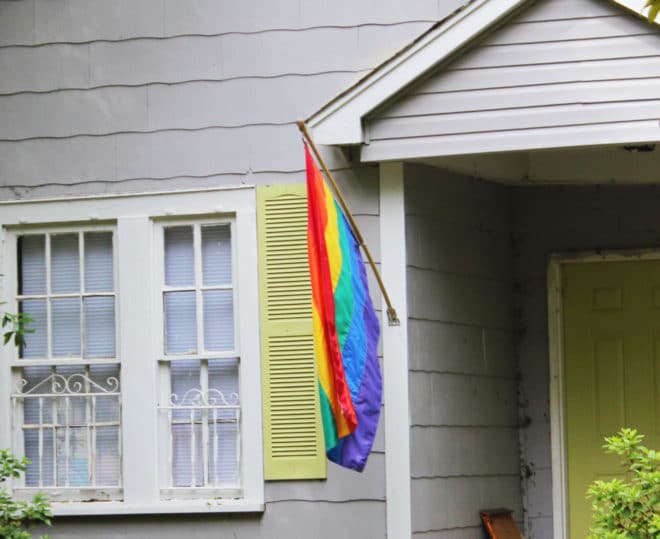The Religious Liberty Accommodations act (HB 1523) went into effect on Tuesday, and it is now being appealed to the Supreme court by the Mississippi. The Mississippi Center for Justice and Lambda Legal filed the motion for the appeal, but it is not clear if the court will hear the case.
The controversial law gives business owners, service providers, and some government workers protection from government consequence for refusing service to LGBT community members based on deeply held religious beliefs. The stipulations set by the law are that marriage is between a man and a woman, sex should only take place in such a marriage, and gender is set at birth and cannot be changed.
Related: HB 1523: Governor talks impact, what’s next
The law has had a convoluted path to implementation after being signed by Governor Bryant in the Summer of 2016. The bill was blocked by a federal court, overturned, and appealed to the 5th circuit court and eventually enacted earlier this week.
Related: Attorney General will not appeal block on HB 1523
According to a post on Lambda Legal’s website, they are asking that the Supreme Court review the case because it violates the constitution.
“We are asking the Supreme Court to review this case because it is unfair and unconstitutional,” the post reads. “These laws are wolves in sheep’s clothing—it is LGBT discrimination disguised as religious freedom. By promoting discrimination in the name of religion, HB 1523 violates both the First and the Fourteenth Amendments.”
Co-Author of the bill and House Judiciary Chair Andy Gipson said that the bill is designed to provide a balance and a peaceful way for Mississippian’s with opposing beliefs to co-exist.
“We have a law now that recognizes that we have a balance between the protection of religious freedom and the protection of other rights in this country,” Gipson said. “I think it’s a mechanism that will allow people to peacefully co-exist, and avoid the types of conflict we’ve seen where people have been terminated or their business license pulled for refusing to violate their religious convictions. This is simply a protection, nothing more, nothing less. ”
Supporters and those opposed to the legislation will now await the Supreme Court’s decision on whether or not they will hear the case.




